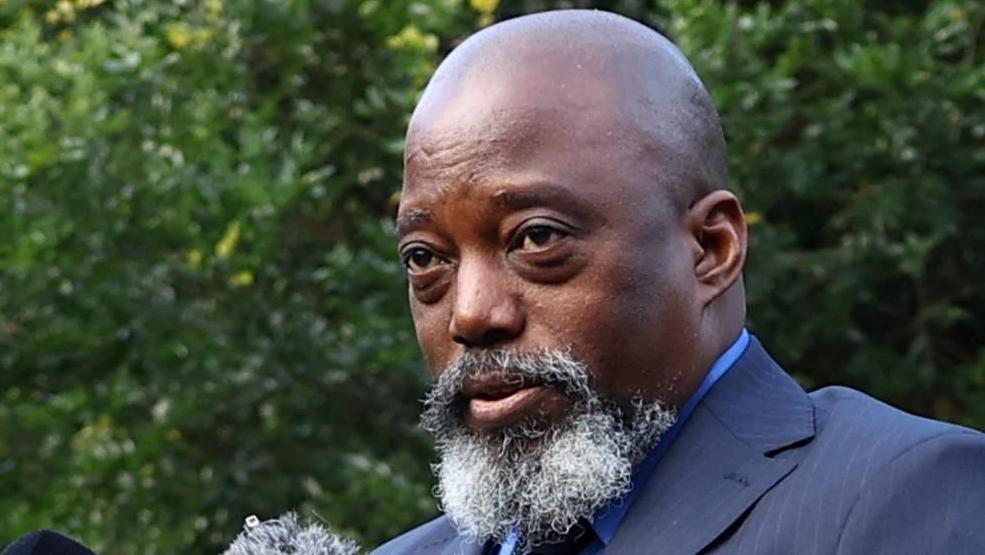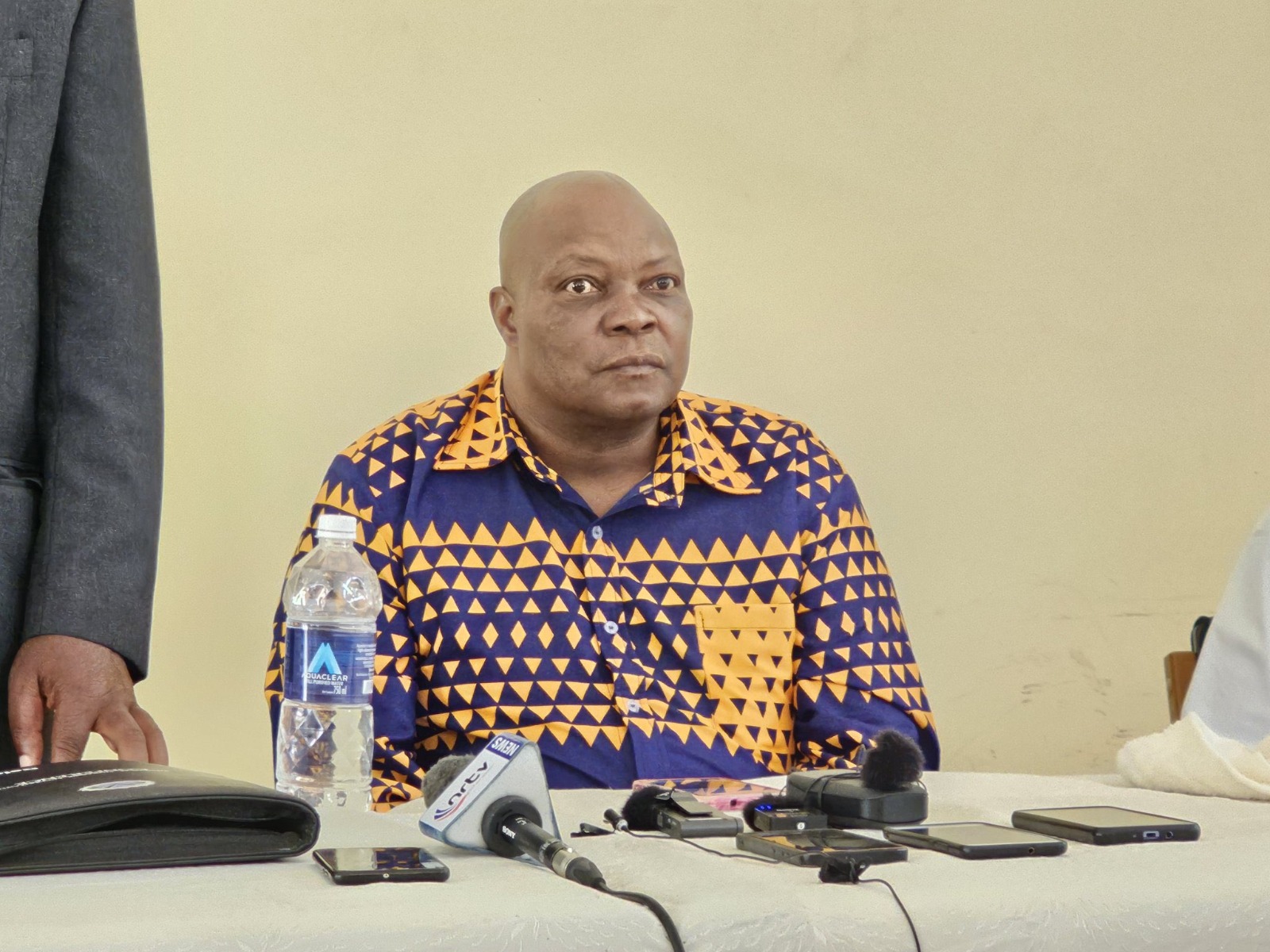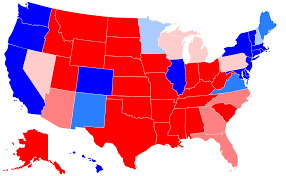Introduction
The political landscape of the Democratic Republic of the Congo (DRC) has undergone significant transformations over the past two decades, heavily influenced by the leadership of Joseph Kabila. Serving as president from 2001 to 2019, Kabila’s tenure is marked by both economic growth and persistent challenges such as corruption, unrest, and the complex interplay of regional dynamics. Understanding Kabila’s impact is essential to grasping the ongoing development of the DRC and its role in international relations.
Kabila’s Rise to Power
Joseph Kabila, the son of the late Laurent-Désiré Kabila, took office following his father’s assassination. Initially regarded as a figure who could promote stability, Kabila’s government was supported by a coalition of various political factions. Early on, he emphasized the need for peace in a nation recovering from years of civil war and external conflict. His presidency began with a promise of reform and development, aiming to consolidate power and stabilize the country.
Economic Developments
During Kabila’s leadership, the DRC saw notable economic growth driven primarily by its rich natural resources. The mining sector, particularly copper and cobalt, attracted foreign investment, contributing to GDP increases. However, the economic benefits failed to trickle down to the broader population, leading to widespread poverty and discontent.
Challenges and Controversies
Kabila’s presidency was also riddled with controversies, notably concerning human rights abuses and corruption allegations. His administration faced numerous protests and political opposition, especially as the 2016 election approached, during which Kabila sought to extend his rule beyond the constitutional limit. The delayed elections resulted in increasing unrest, leading to violent crackdowns on dissent. International observers criticized these actions, highlighting concerns over democratic integrity and the rule of law.
The Transition of Power
After nearly two years of postponed elections, Kabila finally stepped down in January 2019, paving the way for Félix Tshisekedi, his rival and a member of the opposition coalition. This transition marked a critical juncture for the DRC, raising hopes for political reform and greater democracy. Kabila’s exit from power triggered discussions about his political legacy, and whether his governance had laid the groundwork for future stability or entrenched systemic issues.
Conclusion
Joseph Kabila’s time in office was a complex interplay of progress and pitfalls. His tenure saw substantial economic opportunities amidst the backdrop of serious governance challenges. As the DRC continues to navigate its post-Kabila era, the implications of his leadership will undoubtedly reverberate through the corridors of power and the lives of its citizens. The future of the DRC depends on addressing the lingering issues of governance and ensuring a more inclusive political framework, which many hope will honor the democratic aspirations ignited during Kabila’s presidency.


